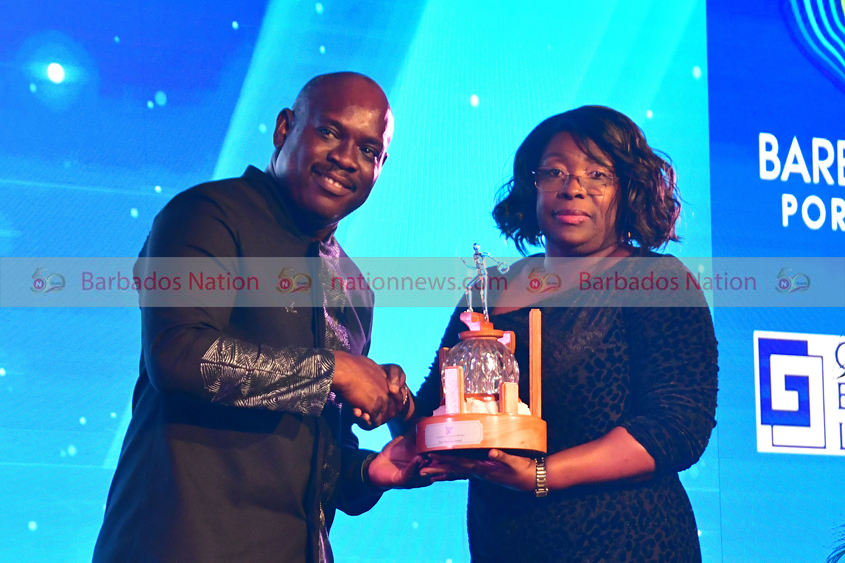By Terence J Sigamony
Copyright brecorder

ISLAMABAD: The Constitutional Bench of the Supreme Court on Monday suspended the operation of the impugned order barring Justice Tariq Mehmood Jahangiri from judicial work over an alleged fake degree case.
Justice Jahangiri was restrained from performing judicial work on September 16 by a Division Bench of the Islamabad High Court (IHC), Chief Justice Sardar Muhammad Sarfraz Dogar.
A five-member SC bench, headed by Justice Aminud Din Khan and comprising Justice Jamal Khan Mandokhail, Justice Muhammad Ali Mazhar, Justice Syed Hasan Azhar Rizvi, and Justice Shahid Bilal Hassan, heard an appeal of the IHC judge.
The members of the Islamabad Bar Council and Islamabad High Bar Association thronged the courtroom, and some had occupied the seat of the Additional Attorney General for Pakistan. Justice Jahangiri, along with four IHC judges — Mohsin Akhtar Kayani, Babar Sattar, Ejaz Ishaq and Saman Rafat Imtiaz — were present in the court. They were sitting in the second row on the left side of the courtroom.
Senior advocate Munir A Malik, appearing on behalf of Justice Jahangiri, argued that the writ of quo warranto is maintainable against the judge of the superior court, but no interim order can be passed. In support of his arguments, he cited the judgment of Malik Asad Ali and others vs federation (PLD 1998 Supreme Court 161). Munir stated that he had challenged the interim order passed by the IHC, and therefore requested the bench to issue notices to the respondents.
The Court observed that, as the matter relates to the interpretation of the provisions of the constitution, it issued notices to the Attorney General for Pakistan, Advocate General of Islamabad, and the Federation.
During the proceedings, Justice Mandokhail remarked that the Supreme Judicial Council’s meeting had already been scheduled for October 18.
Justice Shahid Bilal questioned how a writ petition against Justice Jahangiri was numbered despite unresolved objections by the registrar’s office. “The SC has already ruled that a judge cannot be barred from judicial work,” Justice Mandokhail observed.
Munir told the bench that a complaint regarding the matter is pending before the SJC. “This is the first time in history that a high court’s own bench has stopped one of its judges from judicial work,” he said. “The settled law was ignored. The order did not meet the requirements of justice.”
Justice Jahangiri’s lawyer contended that the petition against his client was filed on July 10, 2024, and had been pending for over a year with objections still unresolved. “Despite that, an interim order was issued without hearing the other side,” he added.
He pointed out that the IHC chief justice, who had passed the impugned order, against whom the appeal in the transfer of judges’ case is pending before the apex court.
Advocate Mian Dawood, the petitioner, argued that the Supreme Court had previously barred Justice Sajjad Ali Shah from judicial work. However, Justice Mazhar stated that the order in that case was passed under Article 184 (3), noting: “The facts were entirely different.”
Malik urged the court to suspend the IHC order to avoid sending “the wrong signal.” He stressed that the ruling violated the Malik Asad Ali case precedent.
At the conclusion of the proceeding, Justice Amin, before suspending the IHC order, consulted with Justice Mandokhail and Justice Mazhar Before.
The case was adjourned until today (Tuesday).
Outside the court, a journalist asked Jahangiri about Karachi University’s decision to cancel his law degree. “I have already filed a petition in the Sindh High Court,” he replied. “It is astonishing that they are cancelling a degree after 34 years. This has never happened in world history.”
The University of Karachi had earlier declared Jahangiri’s academic record “fictitious,” after its Unfair Means Committee (UMC) concluded he had never been enrolled at Islamia Law College and engaged in malpractice during his LLB exams in the 1980s. The Karachi University’s Syndicate endorsed the findings, which became the basis of a complaint now before the Supreme Judicial Council.
Meanwhile, the Karachi Bar Association challenged the order of the constitutional bench of the Sindh High Court dated September 25.
On 25 September 2025, the Sindh High Court dismissed a set of petitions regarding Justice Jahangiri’s LLB degree on grounds of non-prosecution.
Justice Jahangiri had also challenged the cancellation of his LLB degree by the University of Karachi Syndicate and its Unfair Means Committee in the Sindh High Court (SHC).
In his plea, the IHC judge sought that his petition filed under Article 199 (1) (a) (ii) be fixed before a regular bench of the high court.
Copyright Business Recorder, 2025



